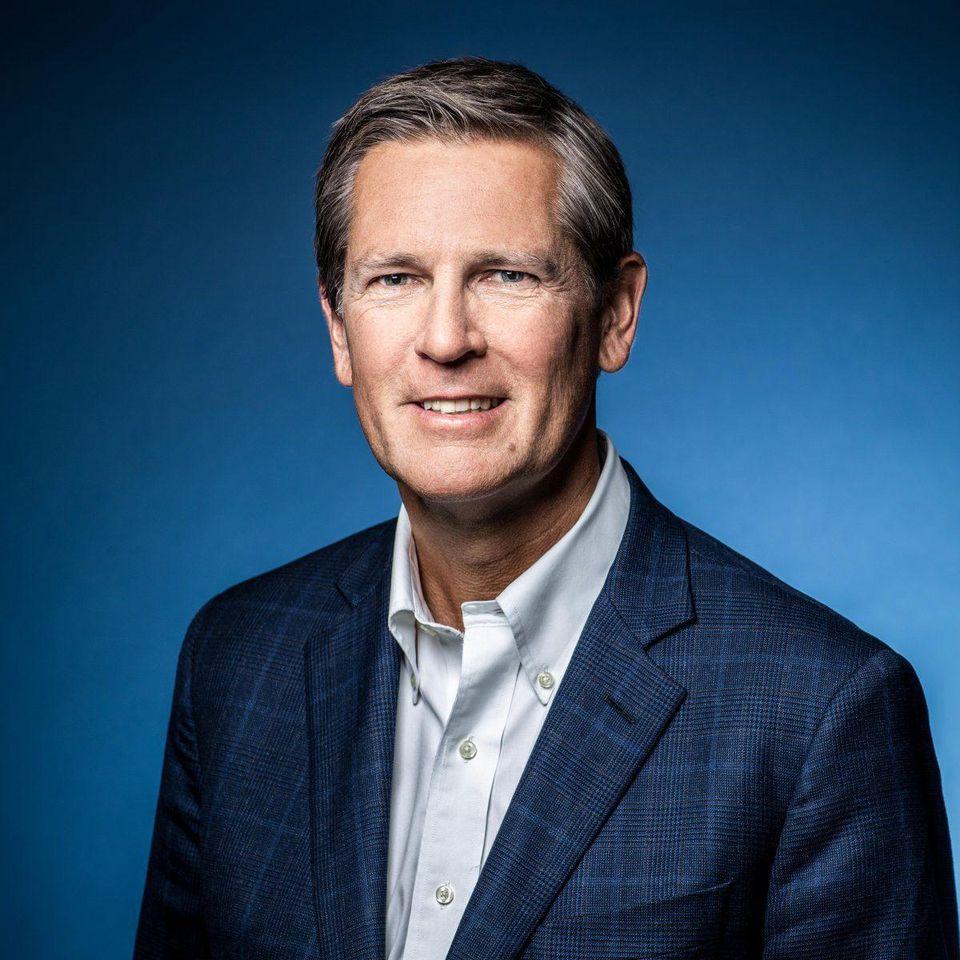How an Indonesian Coconut Plantation Inspired Mars' “Aha Moment” on Sustainability
By Tom Murray, Forbes Contributor

You likely know Mars as the company behind leading brands like M&M’s®, PEDIGREE® pet food, and UNCLE BEN’S® rice. For those of us in the field of corporate social responsibility, Mars is also well-known for its environmental leadership. Mars’ Sustainable in a Generation plan lays out the company’s commitment to procure 100 percent renewable energy, reduce 100 percent of greenhouse gas emissions from its direct operations by 2040, and reduce indirect emissions throughout the value chain by one-third by 2030 – and two-thirds by 2050.
The company’s goals are therefore nothing short of ambitious. But if anyone can help the company meet those targets, it is chief procurement and sustainability officer Barry Parkin, who believes that big goals drive big innovation.
I recently spoke with Barry about how Mars plans to tackle its climate goals, how being a family-owned business shapes its approach to sustainability, and how his time on the British Olympic sailing team influences his day-to-day job. Here’s an edited transcript of our conversation.
You started at Mars in 1985, first as an engineer and then you worked in business development, operations, human resources, and procurement. How did you make your way into sustainability?
I certainly didn't have sustainability on my mind when I first joined Mars, but it was through my role in procurement that I really became interested in the environment and the people in our extended value chain. That’s because in the early part of my career, we were buying raw materials and packaging from all over the world, and frankly we didn't know where many of these materials came from. It was a visit to a coconut supplier in Indonesia that really brought it home for me. You can only get to this one particular coconut plantation by boat, as there’s no road access – so I went in not expecting much but was blown away when I got there and saw the scale of this plantation – it was 100 kilometers by 100 kilometers, with multiple factories on-site to process the coconut, and thousands upon thousands of workers. As I toured the plantation, I learned that we were their biggest customer – it’s a relatively small ingredient for us, but it affects a massive amount of people and land. That’s when the complexity and enormous reach of our supply chain really struck me – and when I suddenly got a sense of our impact on the planet. I immediately became intrigued, and then slightly overwhelmed, with the sustainability challenges we faced.
Barry Parkin is Chief Procurement and Sustainability Officer, Mars.
Click here to continue reading on Forbes.

